Are hot water dispensers more efficient than gas?
When considering energy usage in daily life, one may ponder, “Are hot water dispensers more efficient than gas?” especially when looking to cut down utility bills and reduce environmental impact.
Hot water dispensers are generally more efficient than gas, as they heat only the needed amount of water quickly, reducing energy waste compared to heating a large tank on a gas system.
Discover the cost-saving secrets and eco-friendly advantages of switching to a hot water dispenser. Click to learn more about making the smart choice for your home and the planet.
Are hot water dispensers more efficient than gas? (Guidance)
The Guidance related, Are hot water dispensers more efficient than gas?

1. Quick Heating Times
Hot water dispensers boast rapid heating capabilities, offering hot (boil) water on-demand without the prolonged wait times associated with traditional gas heaters.
2. Energy Efficiency
By heating only the amount of water needed at a given time, electric dispensers conserve energy that might otherwise be wasted maintaining a gas heater’s temperature.
3. Cost-Effective Operations
The operational costs of a hot water dispenser are typically lower than those of a gas system, as it eliminates the standby energy losses endemic to gas water heaters.
4. Lower Carbon Footprint
Switching to an electric water dispenser can reduce your home’s carbon emissions due to their more efficient use of energy savings compared to gas alternatives.
5. Minimal Maintenance Needs
Unlike gas water heaters, electric dispensers require less maintenance, saving homeowners time and additional maintenance costs over the unit’s lifespan.
6. Safety Considerations
Electric hot water dispensers remove risks associated with gas leaks and combustion, making them a safer choice in household appliances.
7. Convenience and Accessibility
With the ability to install a hot water dispenser in any area with electrical access, they provide a convenience that gas systems, which require gas lines, cannot match.
Topics:
The comprehensive topics related, Are hot water dispensers more efficient than gas?
1. Environmental Impact of Production
The manufacturing process of hot water dispensers typically has a smaller environmental footprint compared to that of gas water heaters. Reduced raw material usage and more eco-friendly production practices align with sustainability goals.
2. The Versatility of Hot Water Dispensers
Electric hot water dispensers offer diverse uses beyond simply providing hot water for tea or coffee like electric kettle. They can be integral for homes with specific needs such as baby formula preparation or instant hot water dispenser for cooking.
3. Integration with Smart Home Systems
Modern hot water dispensers can be integrated with smart home technology, allowing for remote operation and monitoring of energy usage, contributing to smarter energy management and convenience.
4. Long-Term Cost Savings
Although the initial investment in a hot water dispenser might be higher, long-term savings on utility bills and reduced maintenance costs can make them a more economical choice over their lifetime.
5. Design and Aesthetic Considerations
Hot water dispensers offer a range of design options to fit various kitchen styles. Sleek and modern designs can enhance kitchen aesthetics while providing functional benefits, adding to their appeal as household appliances.
Conclusion:
In conclusion, the question “Are hot water dispensers more efficient than gas?” can be answered affirmatively. Not only do electric hot water dispensers offer significant energy efficiency i.e more energy efficient and rapid heating times, but they also contribute to long-term cost savings and a reduced carbon footprint. With the added benefits of minimal maintenance, safety, and ease of integration into modern homes, switching to an electric hot water dispenser emerges as a smart and sustainable choice for environmentally conscious consumers.
FAQs:
People also ask, Are hot water dispensers more efficient than gas?
Despite their advantages, hot water dispensers may incur higher initial costs, have a limited water volume capacity, and require electricity, potentially increasing your energy bill if used frequently.
Hot water dispensers use less electricity than heating pots on stovetops, making them an energy-efficient option for immediate hot water requirements.
In comparison to gas water heaters, hot water dispensers are generally cheaper to run due to their efficient, on-demand heating and reduced standby energy loss.
Yes, hot water dispensers are more efficient than gas, offering quick heating, cost savings, and less energy waste for heating small amounts of water.

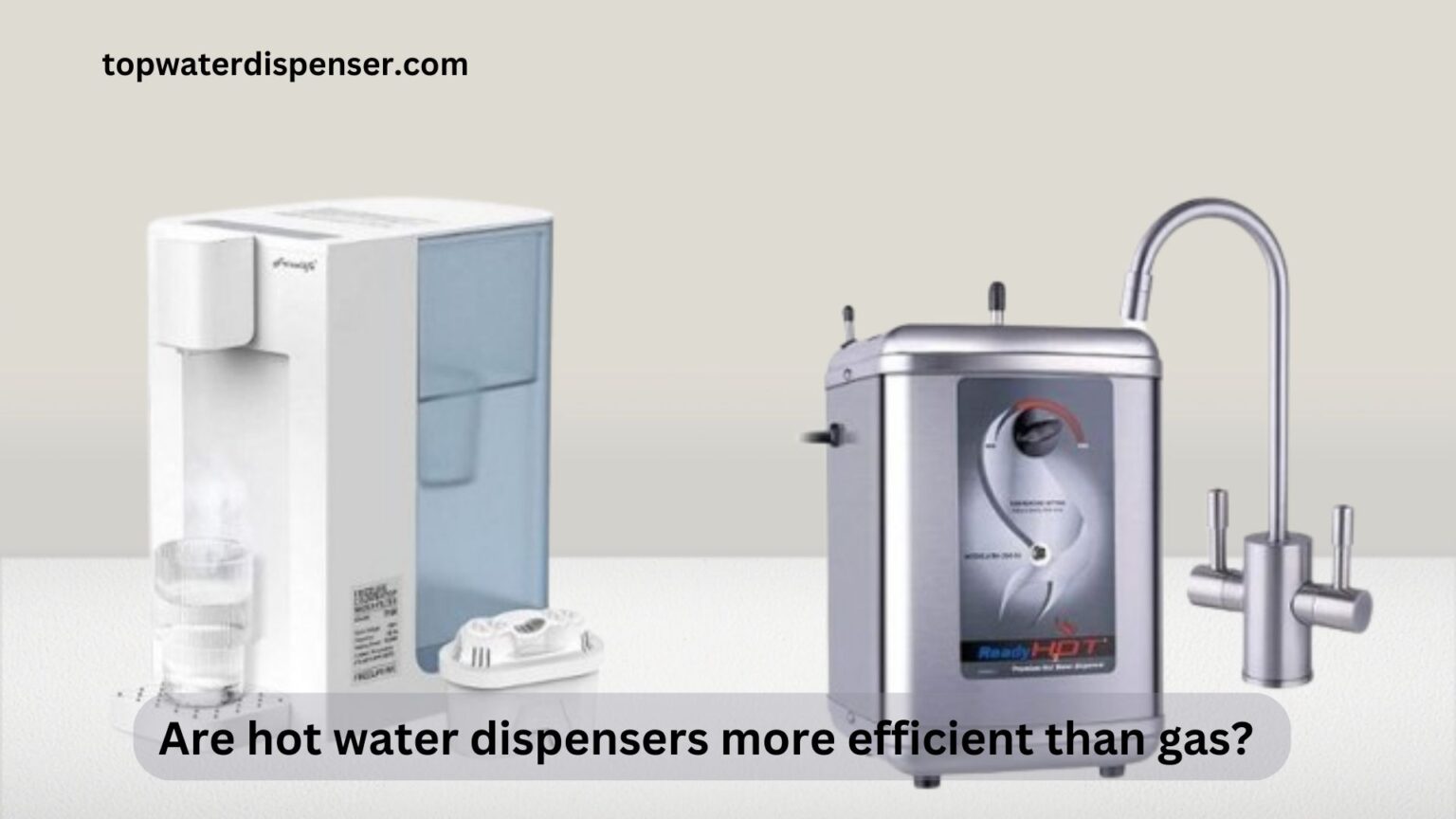
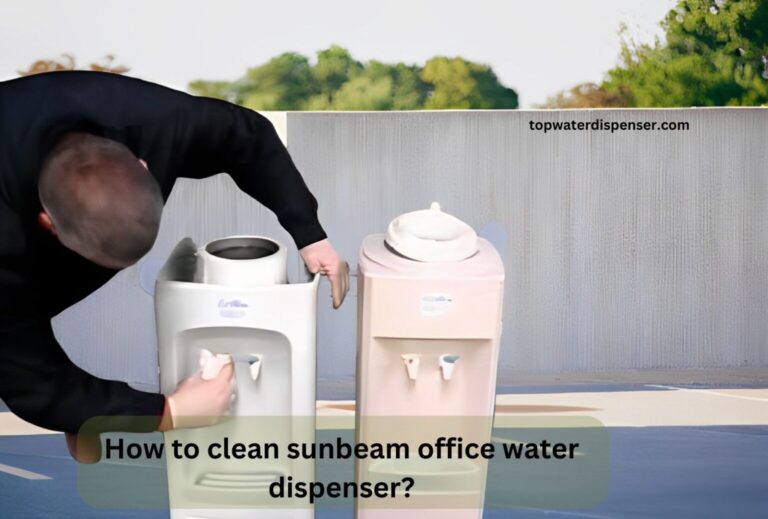
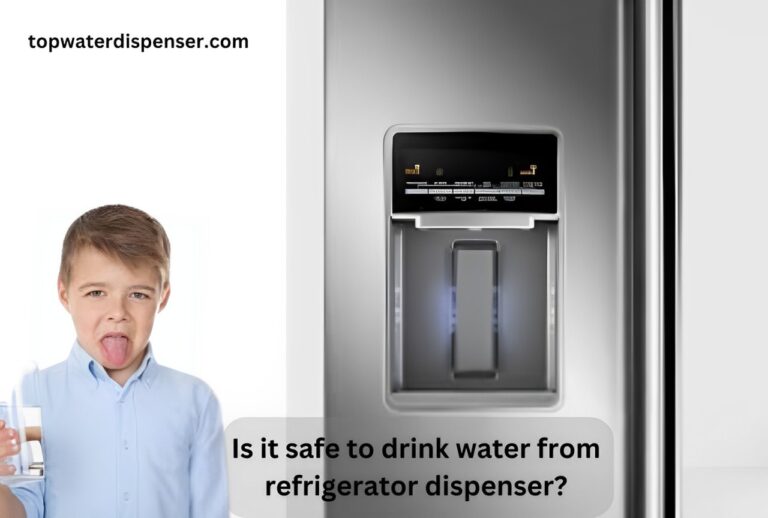
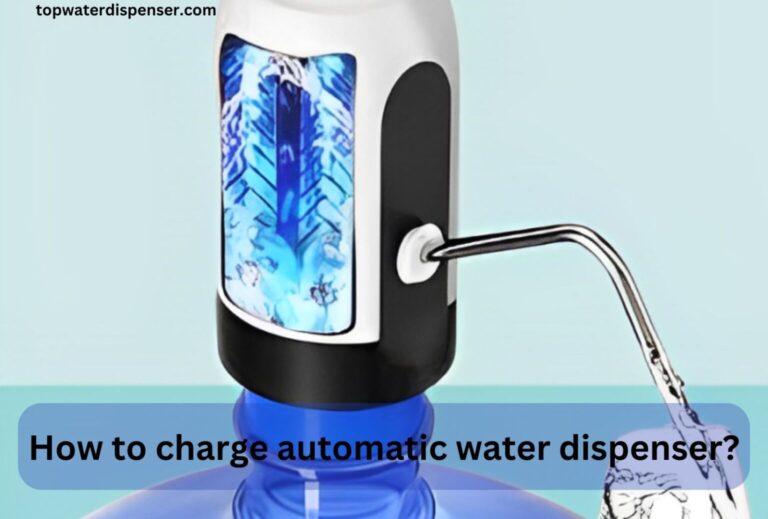
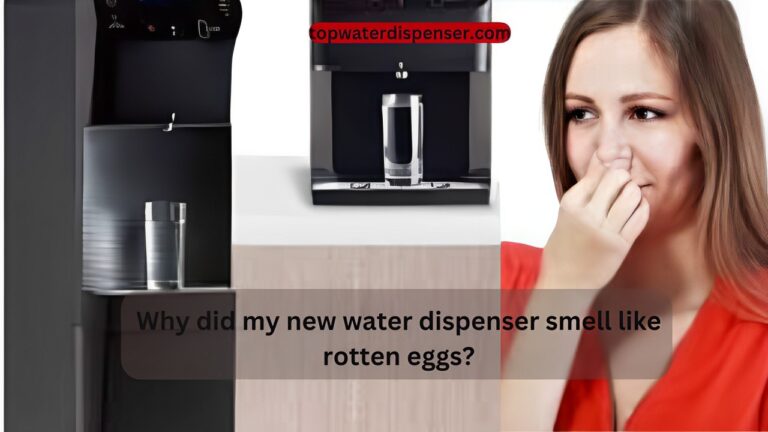

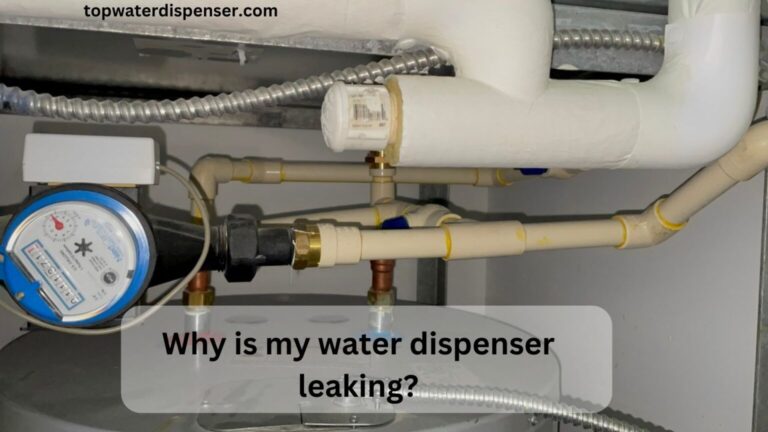
One Comment